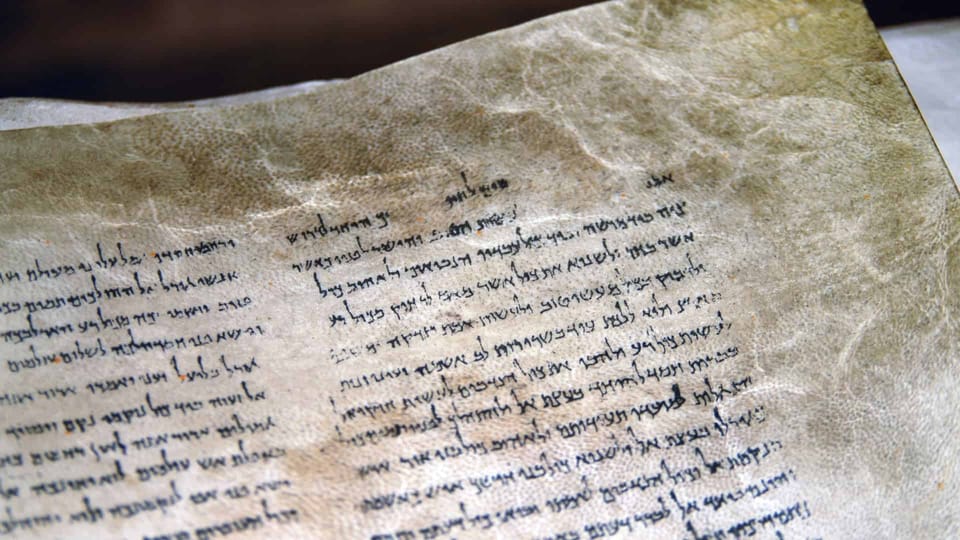Does Leviticus Teach Us How to Handle COVID-19?

Passages in Leviticus that deal with topics like diseases and quarantine no longer seem so removed from our experience.
What do these passages teach us? And how can we apply them today?
What Leviticus Teaches
Leviticus 13 to 15 cover a variety of issues related to ceremonial cleanness. It’s part of a larger section (chapters 11 to 16) dealing with purity. God provides a way for impure people to be purified so they can worship him.
Chapters 13 and 14 cover a particular condition. Some think it was leprosy; other scholars argue that leprosy had not arrived in Middle East at this time, and it may have been another condition like eczema. People suffering from this skin condition were removed from the community. Priests did not act as doctors as much as health inspectors, deciding if the condition had improved or not. If the condition cleared, they led in week-long rites and restored those who had been ill into the community.
Chapter 15 deals with discharges from the sexual organs, including normal discharges (semen and menstruation), which could be cleansed by washing and waiting, and more serious discharges such as those caused by disease.
“God’s abiding presence with his people depended on uncleanness being excluded from their midst” (Gordon J. Wenham). The focus is on keeping uncleanness from God’s presence (Leviticus 15:31). And yet God provided a way for those who had been unclean to once again enter his presence.
Uncleanness in the New Covenant
The Levitical laws did not help with the healing of those with skin diseases, but Jesus sought out people with skin diseases and healed them (Matthew 8:2-4; 11:5; Mark 14:3; Luke 17:11-19). “The new era of salvation made obsolete the idea that the diseased should be banished from human and divine society” (Wenham). Jesus healed a woman who touched him who would have been unclean (Mark 5:34).
To paraphrase Derek Tidball, the old covenant said to the unclean, “Keep out! You are unfit!” The new message of Jesus was “Draw near! Let me make you clean!”
How to Apply These Passages Today
- These passages apply to particular diseases and situations, not how to handle infectious diseases in general. To apply them as a general guide to handling infectious diseases or quarantine protocols seems to me to be a bit of a leap.
- While there may be some implications for public health, their primary concern is not health but holiness: how can the unclean approach God?
- In his mercy, God provides a way for the unclean to be restored. Jesus seeks out the unclean and heals them from their uncleanness, making them whole.
I do not believe that we should use these passages to use as a guide to how to respond to COVID-19. They are passages that teach us about God’s holiness and mercy, and how today even those who are unclean are sought by God.
I love that we’re looking at passages in Leviticus. This book has much to teach us. Let’s ensure that we use these texts wisely and rejoice in God’s holiness and mercy to all who are unclean.






